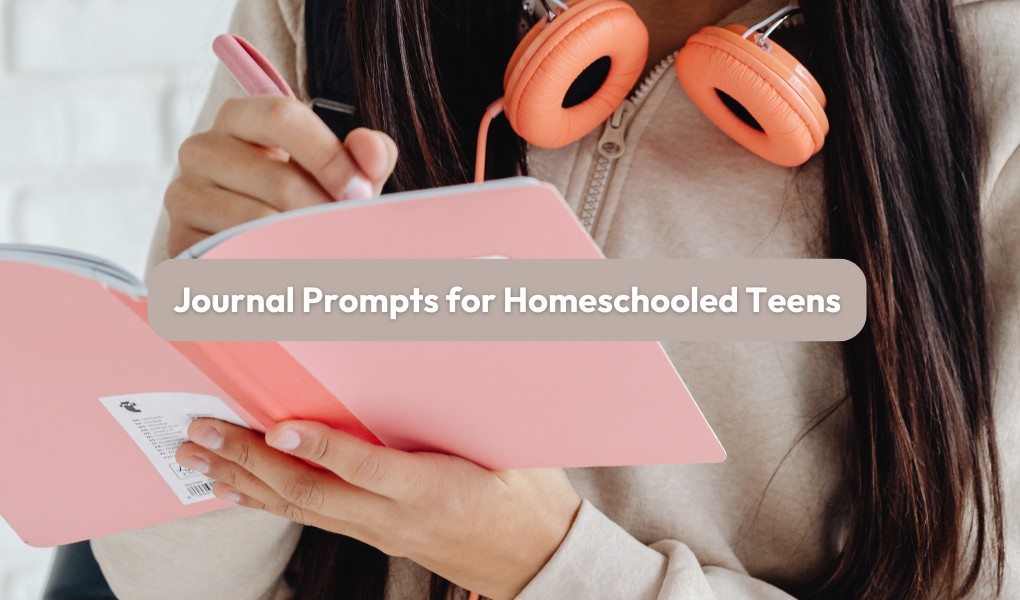Flexi-schooling can be a desirable option for home educators, especially those whose children don’t want to fully miss out on the school experience but would still like the flexibility of Home Education. With flexi-schooling, children get the best of both worlds.

Table of Contents
Flexi-schooling can be a desirable option for home educators, especially those whose children don’t want to fully miss out on the school experience but would still like the flexibility of Home Education.
With flexi-schooling, children get the best of both worlds. They are legally allowed to attend school part-time and be home educated the rest. This means that they remain registered at the school and there is an agreement in place which states when they will be in school and when they will not.
Is it Legal to Flexi-school?
Flexi-schooling is completely legal but only if it is agreed to by the school. It’s an important legal requirement that all children of compulsory school age have a proper, full-time education. The decision to flexi-school must be in the best interests of the child, but the school does not have to agree to it and the decision does not go through the Local Authority (although they should be notified of it.)
Reasons Why People Flexi-school
There are a number of reasons why people choose to flexi-school and they could include:
- Wanting the benefits of both school and Home Education
- Illness
- Behaviour
- Emotional needs
- SEND (Special Educational Needs & Disabilities
How to Request Flexi-schooling
To request flexi-schooling, parents/carers must write to the Headteacher of their child’s school and state their reasons for wanting to flexi-school and why it would benefit their child. Check out our template for requesting flexi-schooling. There may also be a requested meeting between the parent/carer and the Headteacher, which is wise to attend.
What to Consider About Flexi-schooling
It is not an automatic right in the UK to flexi-school, but more schools have started to accept flexi-schooling and families have had success with it.
When considering flexi-schooling, it’s important to know that children need to be provided with a suitable education on the days when they are not in school. You can still be flexible with how and when you home educate as long as it’s adequate and for the best reasons.
Some other things that you might want to consider before you flexi-school are:
1. The cost of both sending your child to school and home educating
You’ll have the expenses of school uniform, school lunches, school trips, as well as the cost of any extracurricular activities, days out, essential supplies and anything else your child might need.
2. Schedules
Will you have time to home educate on the days when your children are not in school and what will your schedule look like? Can you juggle all your commitments?
3. Are you prepared to flexi-school?
Do you have the right attitude and resources to flexi-school?
4. Keeping up with schoolwork
How will you make sure that your children keep up with their school work if they are in school part-time?
5. Whether you’re happy for your children to miss out on some school experiences
Since your children won’t be in school every day, they may miss out on some fun activities which might make them feel left out.
Flexi-schooling Agreements
- A Flexi-schooling Agreement is made between the parent/carer and the school.
- The Headteacher should consider the request to flexi-school and the reasons stated before making a decision as to whether they accept the proposal.
- If a flexi-schooling agreement has been made, a child starting the school will be registered.
- If a child already attends the school and has had flexi-schooling agreed to, then the Local Authority should be notified of the agreement.
- The National Curriculum will apply to children on the days that they attend school.
- Parents/carers do not have to follow the National Curriculum on the days when their child is not in school.
A flexi-schooling agreement should include:
- The school’s expectations
- The parent’s expectations
- The agreed pattern of attendance at school
- The length of time the agreement is to run
- Reasons why the flexi-schooling agreement is in the best interests of the child
- How the register will be marked
- An agreement on the child being able to take part in school activities and productions
- How unexpected or unexplained absences are followed up on
- Arrangements during formal testing or exams
- Parents’ responsibilities to provide suitable resources and tutors etc.
- How the flexi-schooling will be monitored and reported
- Provisions for any Special Educational Needs and Disabilities the child may have
- Procedures around concern that the child is not receiving a suitable education
- Circumstances under which the school or parent can withdraw from the agreement, including any notice period
- How any disputes will be resolved
How to Flexi-school
If the school agrees to a flexi-schooling arrangement, that’s great! But how do you actually flexi-school?
1. Do your research
Before you even start flexi-schooling, it’s best to do your research. The last thing you want is to jump into flexi-schooling with no clue on how you’re going to do it. Make sure you know the rules and what’s involved. That way you’ll be more prepared.
If you’re new to Home Education, you’re in the right place for all the information you need.
2. Work out a schedule
Between yourself and the Headteacher, you’ll need to decide which days your child will be in school and which days they will be home educated. After, it will be easier to know your schedule and you can plan for the days when you will be home educating.
Remember, your schedule on your home educating days does not have to look the same as a school day schedule. You have the freedom and flexibility to plan it as you like, as long as your child is learning.
3. Allow your child time to adjust
Being in school and being home educated are very different, so your child will need time to adjust to having different daily routines and structure. You don’t necessarily want to replicate school on the days when you’re home educating (although this might work better for some children). It’s best to find your own rhythm and routine and this will happen with time and trial and error.
4. Let your child try out different things
On the days when you’re home educating, let your child have the freedom to try different things, start new hobbies and do things that they enjoy. While school can be a bit more restrictive, Home Education gives children more autonomy and flexibility.
5. Keep a separate record of schoolwork and Home Education
Because you’re likely to be doing different things to what your child is doing in school, it’s best to keep separate records of their work. We recommend having one folder for all your child’s school work and another for Home Education. It’s useful to keep a record of anything your child learns on their home educating days as it’s proof that they are learning when they are not in school.
Advantages of Flexi-schooling
1. Best of both worlds
One of the great advantages of flexi-schooling is that children get to experience the best of school and Home Education. What they miss out from school, they get with Home Education and vice versa. Schools have a lot of free resources and qualified teachers, whereas Home Education allows for more hands-on experiences and varied learning.
2. Socialisation
Flexi-schooled children have the benefit of socialising with both their peers and people of different ages. And because they get to be around a varied group of people, this improves their confidence and socialisation skills.
3. Parents can balance work with quality time
The parents/carers of flexi-schooled children are able to work part-time when their children are in school, or they can be more flexible with their working arrangements. On days when their children are not in school they have quality time together both learning and having fun.
4. Easier arrangement for children with illnesses
If a child’s illness means that they are not always able to attend school, flexi-schooling is a great option as it enables more flexibility and doesn’t affect their attendance or chance to learn. It’s also an ideal option for children who are recovering from an illness and want to gently ease back into school.
5. Children get to follow their interests outside of school
School doesn’t necessarily give children the choice to do what they really enjoy, which is why it’s so great that, on their home educating days, children get complete freedom to follow their own interests.
6. Varied ways of learning
In school, learning is achieved following the same methods and structure. There is nearly always one teacher and a class of usually around thirty students. When home educating, parents/carers can try out different methods of learning and follow a style that best suits their children. They can also benefit from more one-on-one learning.
Disadvantages of Flexi-schooling
1. Flexi-schooled children can feel left out
If a flexi-schooled child misses out on an experience at school or even something with their group of friends, it can leave them feeling left out and isolated. Over time, it may become more emotionally difficult if they are missing out on things that they want to be a part of.
2. Jealousy from other children
Children who aren’t flexi-schooled may experience feelings of jealousy, which can cause tension between friendships. As not everyone will have the option to flexi-school, children may also feel that it’s unfair that a flexi-schooled child gets the option to be at home when they have to be in school.
3. Difficulty adjusting
Some children may find it difficult to adjust to the differences between school and Home Education. They may struggle to switch from different routines, different methods of learning and also different social circles.
Flexi-schooling for Children with a Education, Health and Care Plan
Flexi-schooling is still an option for children with a EHCP but the decision to flexi-school involves not only the parent and headteacher of the school but also the LA and the Special Educational Needs and Disabilities (SEND) team. Parents/carers should state reasons why flexi-schooling would be best for their SEND child.
If a flexi-schooling agreement is made, there will be discussions on how SEND provisions will be provided outside of school.
Flexi-schooled children with a EHCP are usually advised to have their plans reviewed more regularly than if they were at school full-time.
Please note that schools are under no obligation to agree to flexi-schooling.
m@liberated
Want more from Liberated to Learn?
Subscribe to stay updated about new posts, resources and giveaways!












